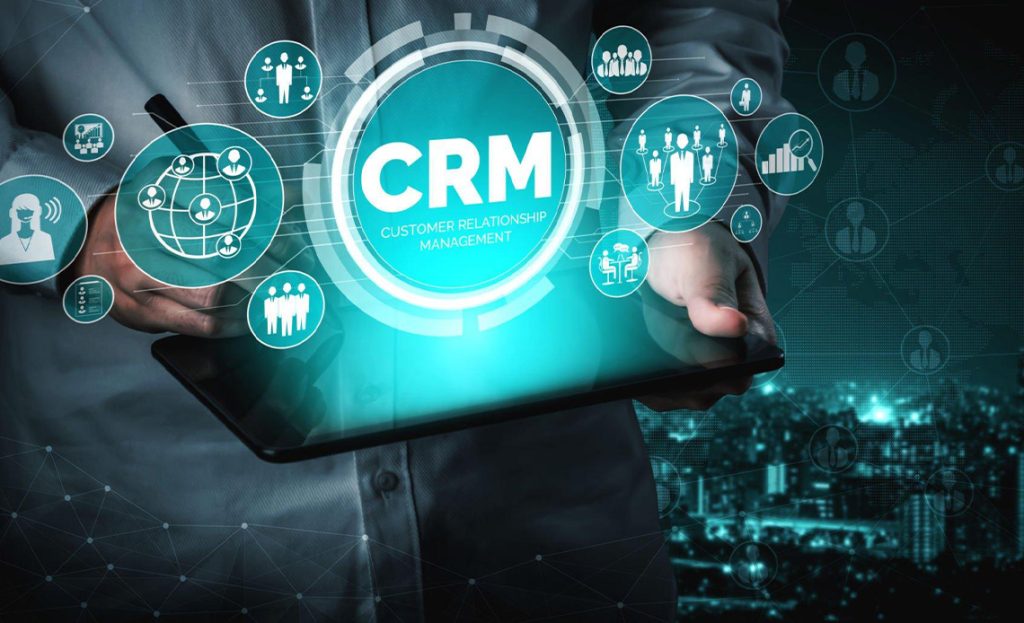Effective project management is critical for organizations to deliver projects on time, within budget, and with high-quality outcomes. In today’s interconnected business landscape, project managers require robust tools to streamline workflows, facilitate collaboration, and ensure project success. Customer Relationship Management (CRM) systems have proven to be valuable assets in this regard. This article explores the benefits and considerations of using CRM in project management, highlighting how it can enhance collaboration, streamline processes, and drive project efficiency.
Centralized Project Information:
CRM systems provide a centralized repository for storing and organizing project-related information, including project scope, timelines, milestones, deliverables, and documentation. Project managers can leverage CRM to track and manage project progress, monitor resource allocation, and ensure that all stakeholders have access to the latest project updates and documents. This centralized approach improves visibility, reduces information silos, and enhances communication across project teams.
Streamlined Task and Workflow Management:
CRM systems offer robust task and workflow management capabilities, enabling project managers to assign tasks, set deadlines, and track progress. Through automation features, CRM can streamline repetitive tasks, send notifications and reminders, and provide real-time status updates. This ensures that project activities are efficiently managed, deadlines are met, and bottlenecks are identified and addressed promptly.
Effective Collaboration and Communication:
CRM systems facilitate seamless collaboration and communication among project team members, stakeholders, and clients. Integrated communication features, such as instant messaging, email integration, and document sharing, enable efficient information exchange, feedback collection, and decision-making. Project managers can foster collaborative environments, streamline feedback loops, and ensure all team members are aligned towards project goals.
Resource Allocation and Management:
CRM systems enable project managers to allocate and manage resources effectively. By tracking resource availability, skills, and workload, CRM helps project managers assign resources optimally, ensuring that each team member is appropriately utilized. Additionally, CRM’s reporting capabilities
provide insights into resource utilization, enabling project managers to identify potential bottlenecks or resource gaps and make informed decisions for resource planning.
Project Performance Tracking and Reporting:
CRM systems offer powerful analytics and reporting features that enable project managers to track project performance, monitor key performance indicators (KPIs), and generate comprehensive reports. By analyzing data from CRM, project managers can assess project progress, identify areas of improvement, and make data-driven decisions to optimize project outcomes. These insights help project managers keep projects on track, manage risks, and facilitate continuous improvement.
Key Considerations when Implementing CRM in Project Management:
a. Alignment with Project Management Methodologies: Organizations should assess the compatibility of CRM systems with their preferred project management methodologies, such as Agile, Waterfall, or hybrid approaches. CRM should provide flexibility to adapt to specific project management frameworks and processes.
b. Integration with Existing Tools: Project management involves various tools and software, such as task management systems, document repositories, and reporting tools. It is important to consider the integration capabilities of CRM systems with these existing tools to ensure seamless data exchange and eliminate duplicate efforts.
c. User Adoption and Training: Successful implementation of CRM in project management requires comprehensive user adoption and training programs. Project team members should be trained on CRM usage, best practices, and how to leverage its features for efficient project collaboration and tracking.
d. Data Security and Privacy: Projects often involve sensitive and confidential information. It is crucial to select CRM solutions that prioritize data security, implement appropriate access controls, and comply with relevant data protection regulations.
Conclusion:
CRM systems offer significant advantages in project management, enabling organizations to enhance collaboration, streamline workflows, and drive project efficiency. By leveraging CRM’s centralized project information, task management capabilities, collaborative features, resource allocation tools, and performance tracking functionalities, project managers can optimize project.
